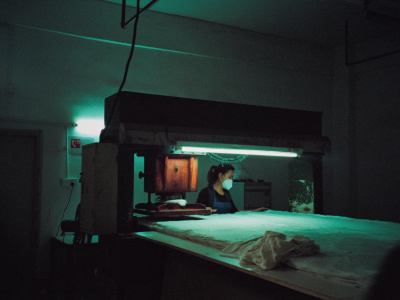
Development is thinking ahead: A world on its way to Sustainable Development Goals
Key messages: Unlike the formulation and agreement of the MDGs, the post-2015 discussions has so far been characterised by an inclusive process allowing the voices of different stakeholders to be heard. The possibility for the public to follow the negotiations closely has contributed to accountability. This inclusiveness will need to continue to find ways to translate global goals into specific national policy objectives. The implications of universal goals will vary considerably from country to country and countries themselves will have to take responsibility for the development of tailored solutions. Resources for implementation will come from country budgets themselves, international investments and private financial flows and less and less from development aid. Public-private partnerships are one of the most rapidly growing components of international cooperation. Yet, more developed countries will continue to have global responsibilities to assist weaker countries. Countries will distinguish themselves by the extent that they are affected by, and willing to bear part of the responsibility for, global challenges. The absence of strong global leadership continues to be an issue that raises questions in these uncertain times. There may be insufficient leadership to transform the consensus that has already been achieved into a broad political consensus and we may witness a steadily worsening leadership deficit in multilateral processes. ECDPM’s Director Paul Engel and Anna Knoll, Policy Officer for our Strengthening European External Action Programme, reflect on the post-2015 discussions so far, taking a bird’s-eye view of what has happened and in what context the post-2015 discussions are taking place. If you’re interested in, but relatively new, to the post-2015 debate this is a must-read. Read Briefing Note 72 Photo courtesy of Philip Chapman-Bell


